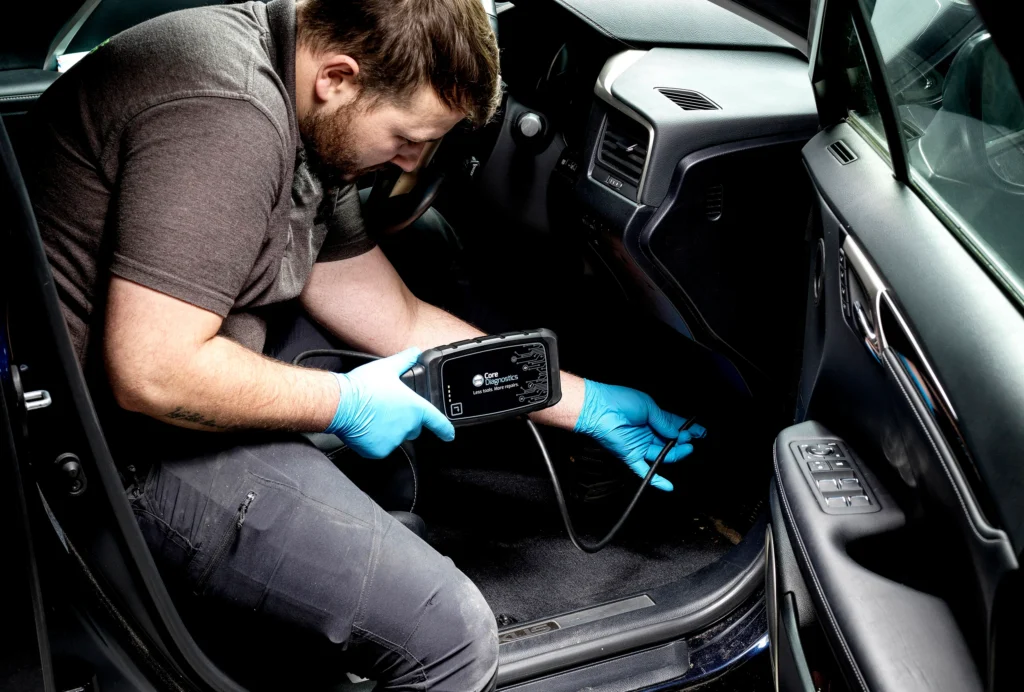[vc_row type=”in_container” full_screen_row_position=”middle” column_margin=”default” scene_position=”center” text_color=”dark” text_align=”left” overlay_strength=”0.3″ shape_divider_position=”bottom” bg_image_animation=”none”][vc_column column_padding=”no-extra-padding” column_padding_position=”all” background_color_opacity=”1″ background_hover_color_opacity=”1″ column_link_target=”_self” column_shadow=”none” column_border_radius=”none” width=”1/1″ tablet_width_inherit=”default” tablet_text_alignment=”default” phone_text_alignment=”default” overlay_strength=”0.3″ column_border_width=”none” column_border_style=”solid” bg_image_animation=”none”][vc_column_text]“We have an employee whose GP has declared that the employee is fit to return to work but we do not believe that the employee is fit to return. Can we refuse to allow the employee to return to work?”
An employer has a duty under section 2 of the Health and Safety at Work etc Act 1974 to ensure the health and safety at work of all its employees.
Depending on the circumstances, including the basis for the employer’s belief that the employee is unable to perform his duties, this may mean that the employer would be justified in preventing the employee from returning to work, subject to the other considerations set out below.
Fit notes give healthcare professionals the option of declaring that a patient:
• is not fit for work, or
• may be fit for work, taking account of the healthcare professional’s advice on possible to an employee’s role or workplace to facilitate a return to work, such as a phased return to work, altered hours, amended duties or workplace adaptations.
A fit note does not provide an option of declaring that a patient is fit for work. It is therefore unusual for an employee’s doctor to declare that they are fit for work, unless a specific request has been made.
Government guidance indicates that if an employee’s healthcare professional assesses that they are fit for work, they will not be issued with a fit note. The employee should return to work once their fit note expires (if they have not already done so) or will need to be issued with a new fit note.
However, the guidance for employers and line managers also states that, if the employer does not understand the advice on a fit note, it should first see if the employee can provide any more information. If the employer still unsure, it could, if possible, consider advice from an occupational health specialist. It can write to the healthcare professional for more information although it may have to pay for this service and the healthcare professionals may not be able to respond immediately.
Where there is uncertainty as to the employee’s fitness to carry out their work, the employer may wish to ask for a medical report, either from the employee’s doctor or an independent doctor of the employer’s choosing.
An employee who is offering their services to their employer is entitled to be paid unless there is a specific condition of the contract entitling the employer to withhold payment. In Beveridge v KLM UK [2000] IRLR 765, an employee who had been on sick leave for a considerable period was then certified as fit to work by their own doctor, and was willing to work. However, they were prevented from doing so while the employer obtained its own medical report, and
received no wages during the six-week wait for the report. The contract was silent on whether wages could be withheld. The EAT held that, in the absence of a contractual term to the contrary, wages were payable during the six-week period, and the employer’s failure to pay the employee was an unauthorised deduction from wages.
If the employer wishes to request a medical report before allowing an employee to return to work when, according to the medical evidence currently available, they are fit for work, it would be prudent (unless there is a contractual provision allowing the employer to withhold pay) for the employer to pay the employee while waiting for the report.
In summary, if an employer has concerns that an employee presents a risk to health and safety at work and the employee does not have a fit note then the employer can potentially suspend the employee on full pay on medical grounds pending the outcome of a GP or occupational health report.
As always, this advice is general in nature and will need to be tailored to any one particular situation. As an RMI member you have access to the RMI Legal advice line, as well as a number of industry experts for your assistance. Should you find yourself in the situation above, contact us at any stage for advice and assistance as appropriate.
Motor Industry Legal Services
Motor Industry Legal Services (MILS Legal Ltd) provides fully comprehensive legal advice and representation to UK motor retailers for one annual fee. It is the only law firm in the UK which specialises in motor law and motor trade law. MILS currently advises over 1,000 individual businesses within the sector as well as the Retail Motor Industry Federation (RMI) and its members.[/vc_column_text][/vc_column][/vc_row]




